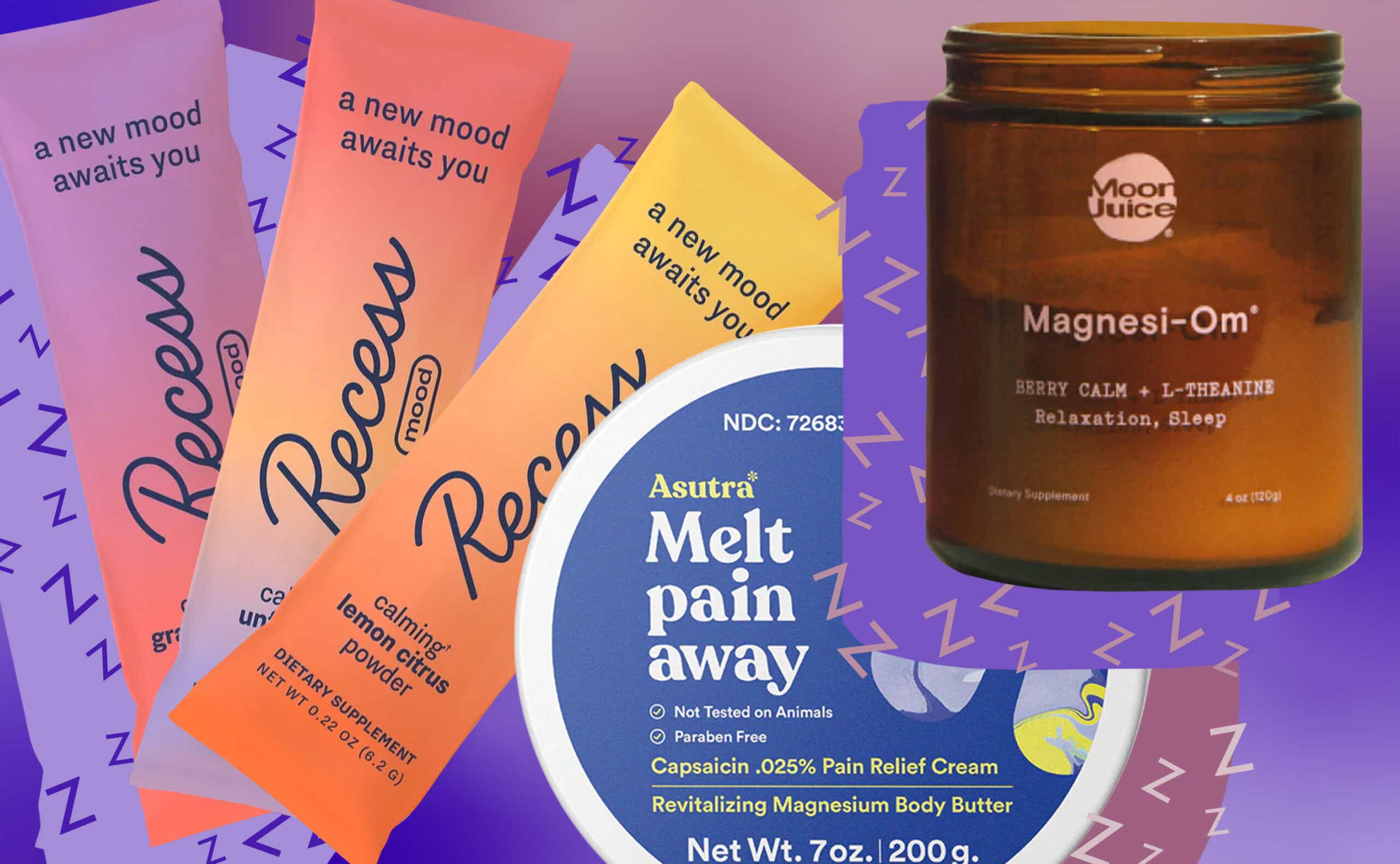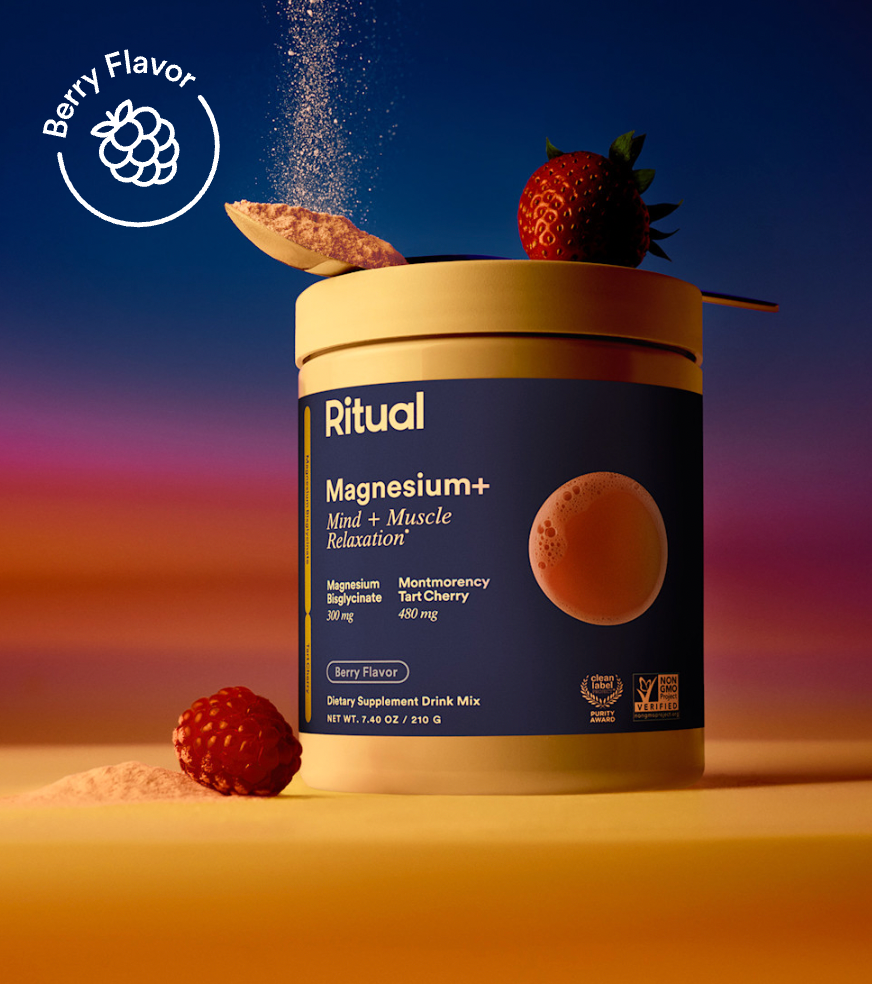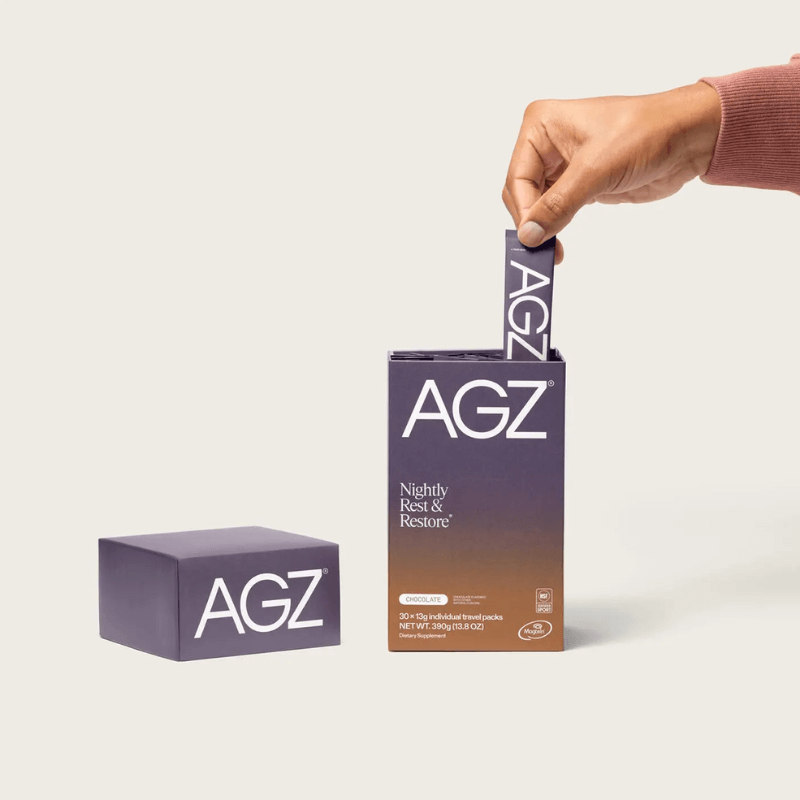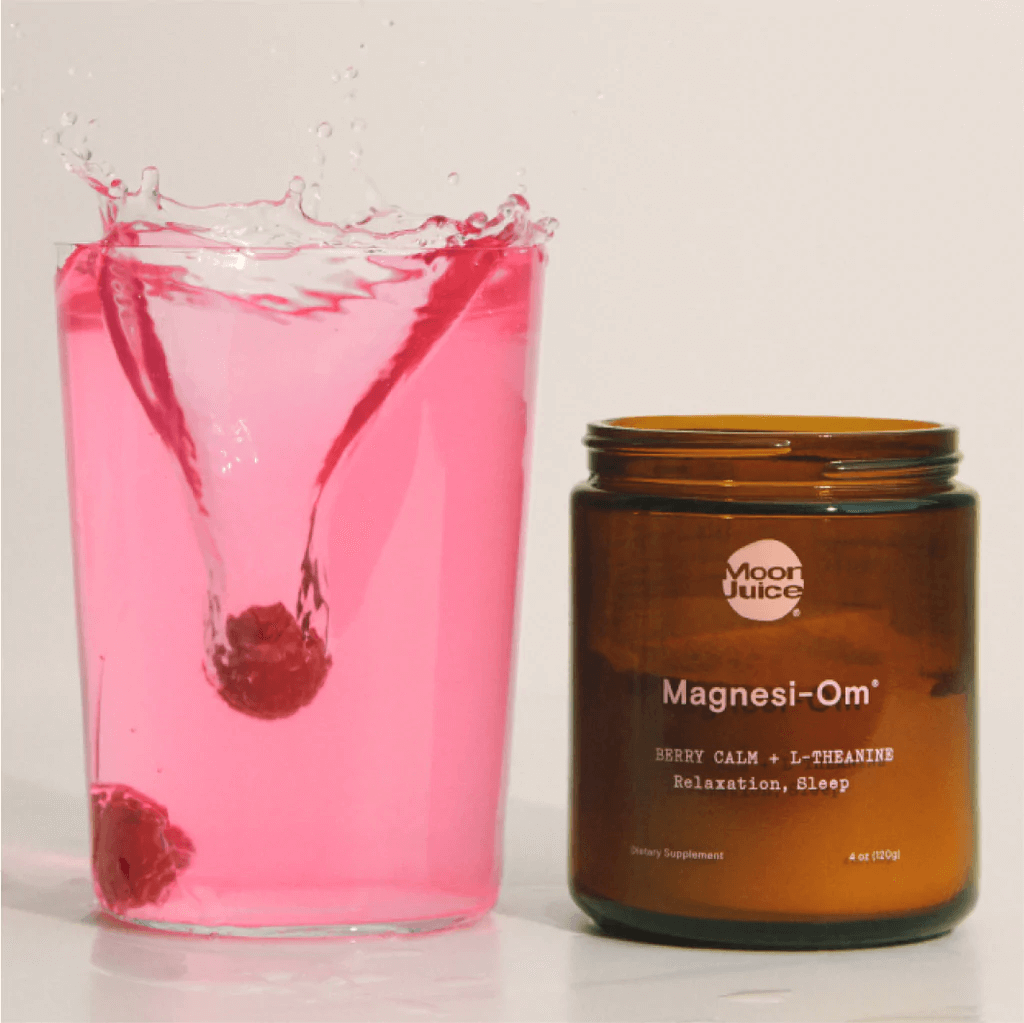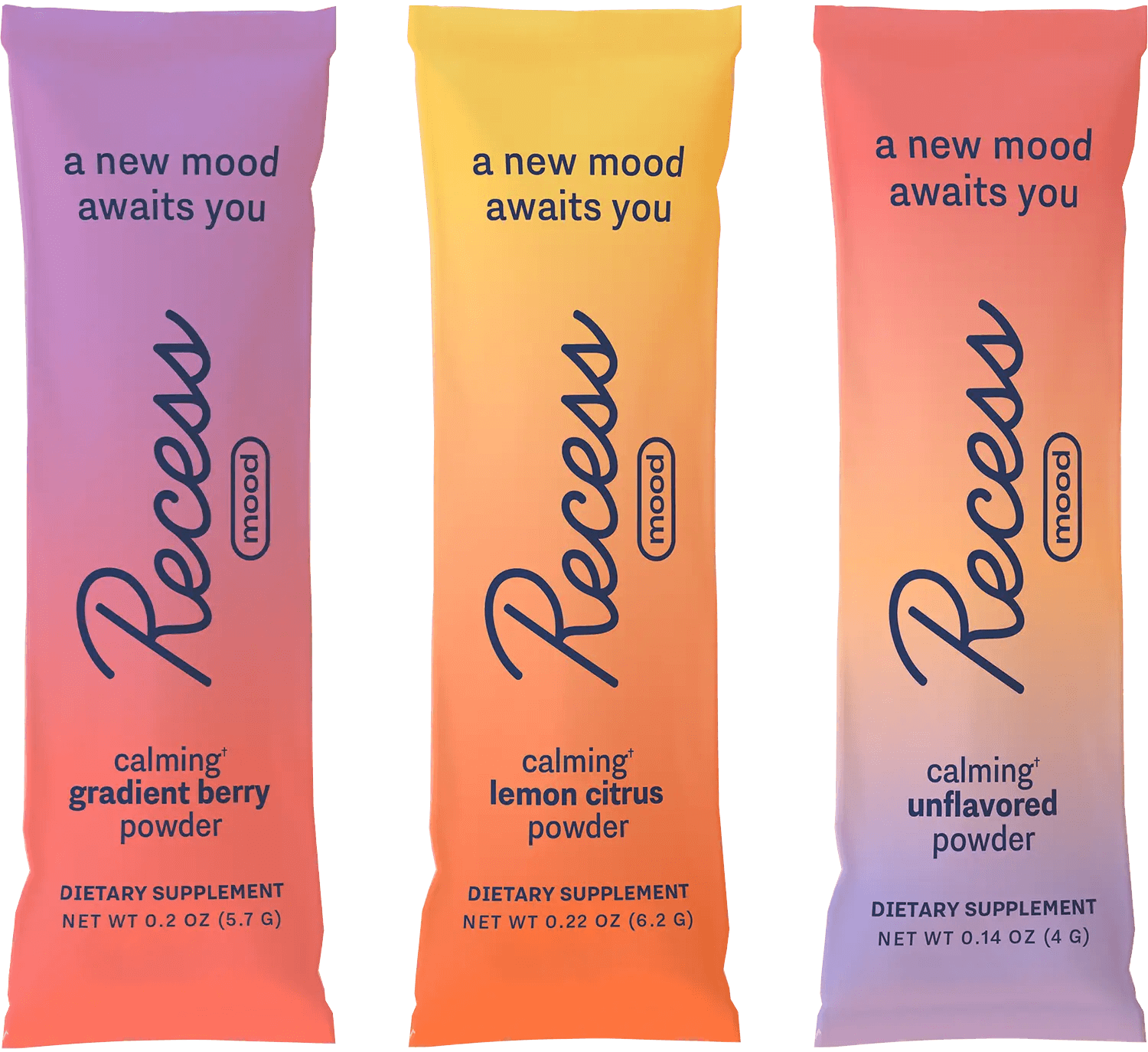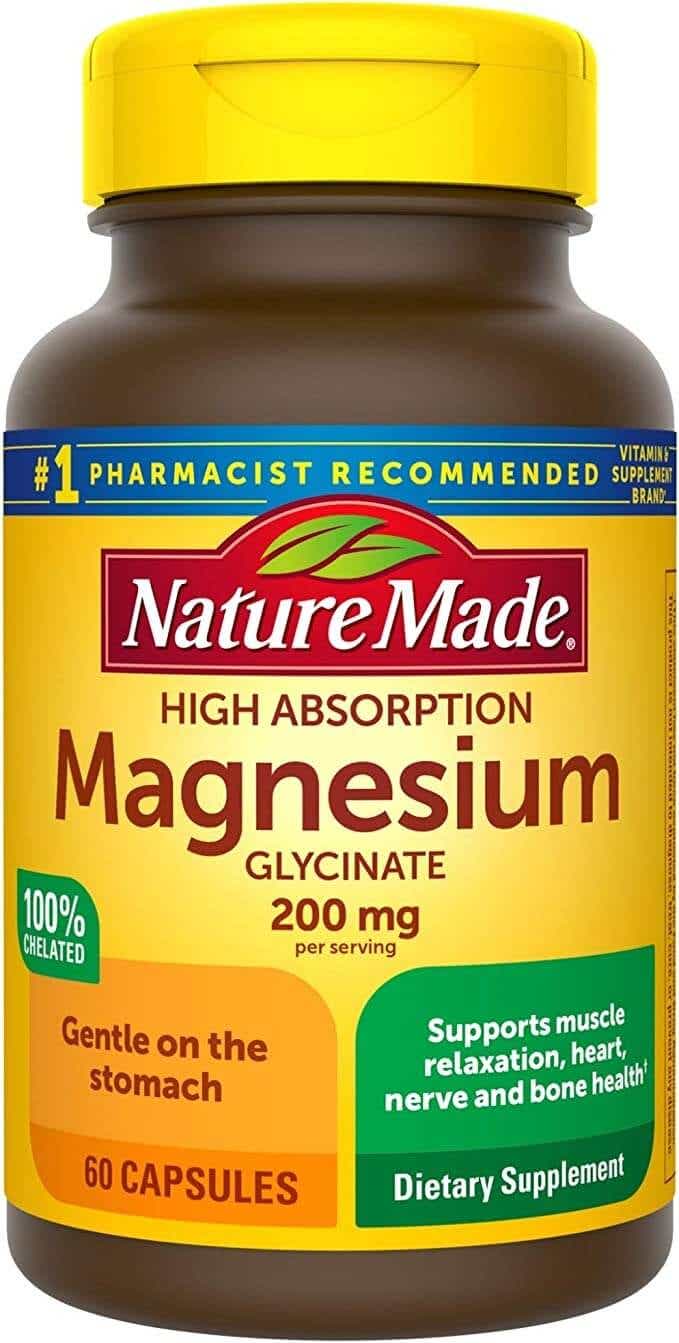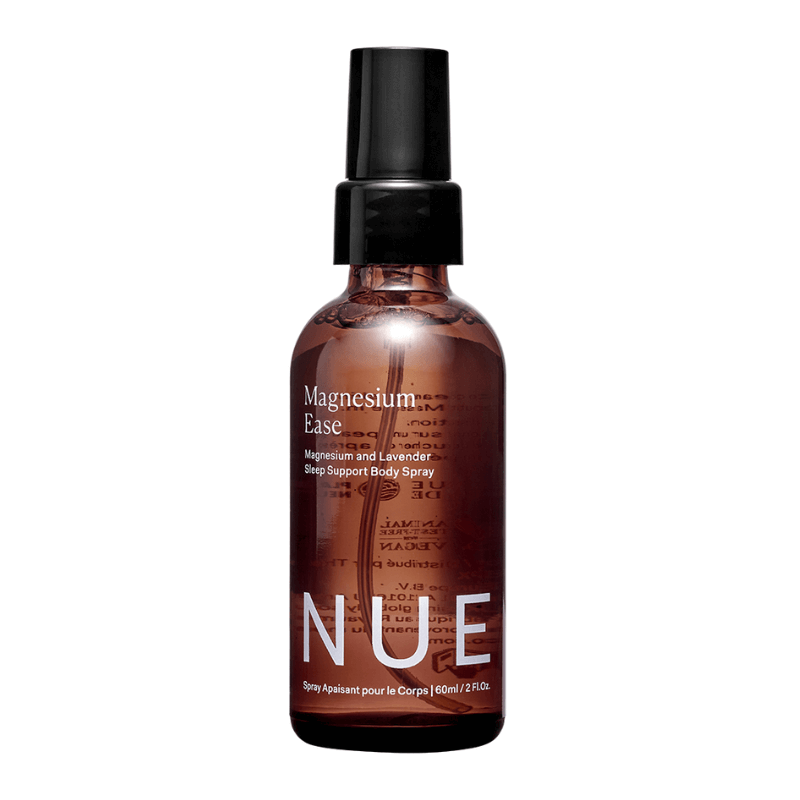Now that I’ve been at Katie Couric Media for a few months, I figured it’s time to divulge a little secret (except it’s not actually a secret, but one of my main personality traits): I have insomnia. It started in college when I would be lying in bed, practically squeezing my eyes shut in an attempt to will myself to just drift off into dreamland. (Though I do have some childhood memories of walking into my parents’ bedroom and whining to my mom that I couldn’t fall asleep.) And never for lack of feeling physically tired, either.
Even though insomnia can feel incredibly lonely (I have sent quite a few unanswered “u up?” texts to my friends between the hours of 2 and 6 a.m.), sleep disorders are not all that rare. Cleveland Clinic says sleep disorders, of which insomnia is a type, affect 70 million Americans each year. And given that I’ve been staring wide awake at my ceiling semi-regularly for over a decade, I’ve pretty much tried every insomnia cure there is, from natural habit changes to over-the-counter medications to the prescription stuff. I recently started seeing a psychiatrist who specializes in sleep disorders, and he asked if I was taking magnesium. At the suggestion of yet another natural remedy, I rolled my eyes, because I’ve tried it all — melatonin, chamomile, you name it — but figured it was worth a shot.
I picked up a combined magnesium and melatonin supplement at the drugstore and noticed that after about a week of taking it, I was sleeping better overall, though I did still have restless nights here and there. But — and it's a pretty big "but" — I’ve also been less stressed, which is a huge cause of my insomnia, so the jury’s still very much out. And that's kind of the thing with magnesium for sleep: It's hard to draw firm conclusions.
According to Cleveland Clinic, approximately 33 to 50 percent of American adults feel insomnia symptoms at some point. A 2007 paper published in the Journal of Clinical Sleep Medicine found that 30 percent of adults (who were surveyed in various countries) reported experiencing one or more insomnia symptoms, which include difficulty initiating sleep, difficulty maintaining sleep, waking up too early, and in some cases, non-restorative or poor quality of sleep.
Like with many sleep supplements, there is limited evidence that magnesium helps with sleep. A review published in April 2021 found that there wasn’t enough evidence “for physicians to make well-informed recommendations on usage of oral magnesium for older adults with insomnia,” but also acknowledged that since the supplement is inexpensive and easy to find, it’s not necessarily a bad thing to try, either.
What is magnesium, and how can it help with sleep?
Magnesium is a mineral that naturally occurs in the body and is needed for the body to function. Sleep aside, it’s important to get enough magnesium in your diet, whether through eating magnesium-rich foods such as whole grains and dark leafy green vegetables or by taking a supplement. According to the National Institutes of Health’s Office of Dietary Supplements, women above age 31 should consume 320 milligrams of magnesium per day.
You may have seen magnesium supplements in the vitamin aisle at the drugstore. They can be used in a variety of ways, including for sleep, although the science of sleep, in particular, is mixed. Low magnesium levels have been associated with stress and depression (which we all know can interfere with rest). Magnesium is also a natural muscle relaxer, so it may help your mind and body relax before bed. A February 2022 review found that in observational studies, there was an association between magnesium levels and sleep quality, but an uncertain relationship in randomized clinical trials. In other words, more research needs to be done to definitively conclude if there’s any link between taking magnesium and sleeping better, but there are people who do report positive effects.
What type of magnesium supplement to take for sleep
That said, there are many different types of magnesium supplements, so when searching for a supplement to specifically deal with sleep, it’s important to choose the right kind. Magnesium oxide, for instance, is commonly used as a stool softener or laxative, so it’s not the one you want to take before bed. (Research has shown that your body doesn’t absorb much of it, anyway.) And magnesium chloride, especially when taken in a pill form, is often used as a dietary supplement. Magnesium citrate, though, is more readily bioavailable (meaning your body can absorb it), and is used in certain sleep supplements. Magnesium glycinate is also common.
Can magnesium help with menopause?
Magnesium isn’t just potentially useful for sleeping issues, it can also be beneficial during menopause. Because estrogen levels drop during menopause, this can cause bone loss. Since 50 to 60 percent of the magnesium in your body is stored in your bones, taking a magnesium supplement can help decrease bone loss. In addition, rates of insomnia or difficulty sleeping are high in women going through menopause — about 60 percent. Menopausal insomnia is believed to be caused by hot flashes, night sweats, anxiety, depression (it's not shocking that these symptoms would make it harder to fall or stay asleep), and decreases in melatonin and progesterone.
Is it better to take magnesium through the skin rather than orally?
Just as there are many different forms of magnesium, there’s also more than one way of ingesting it. In addition to taking it orally, you can also get magnesium transdermally, or through the skin, through lotions, sprays, salt baths, and the like. This method has grown in popularity, with articles claiming that magnesium is better applied through the skin than orally. But is there any truth to it?
While the skin is the largest organ in the body, it turns out that its ability to absorb outside substances is limited, according to a 2017 study that sought to conclude if transdermal absorption was the superior method for magnesium. It does make sense, considering that the skin’s whole purpose is to act as a barrier from outside contaminants — it might not do us very well if our bodies absorbed every substance that touched our skin. In fact, one of the studies that provided the basis for the claims about transdermal absorption of magnesium only had nine participants — way too few to come to any statistically significant conclusion. Another study out of the United Kingdom had a similar issue: it only had 19 subjects. That said, it doesn’t mean that it’s not possible to absorb magnesium through the skin, just that there hasn’t been enough research done on it yet.
However, there is an important distinction between transdermal and topical application. Topical magnesium products are applied to the skin, but unlike other supplements, they are not meant to enter the bloodstream. Instead, they’re intended to offer localized benefits, such as pain relief (like this body butter) and magnesium cooling sprays for menopause.
At the end of the day (literally), while it may not be scientifically proven to solve your sleep problems, it probably can’t really hurt, either — typically, you’d have to ingest 5,000 mg to experience symptoms of magnesium toxicity. (That said, people with impaired kidney function, taking certain medications, and infants and children shouldn’t give this a go without talking to their doctor first.) And while it also probably won’t knock you out when you’re in the throes of insomnia, taking it regularly could help promote better sleep over time.
The Best Magnesium Products for Sleep
Ritual Magnesium+
Ritual
Ritual's newest offering is a 2-in-1 blend for mind and muscle relaxation. In addition to Magnesium Bisglycinate for mental and muscle relaxation, it also contains tart cherry, which has been clinically studied and is associated with improved sleep. The sugar-free powder can be mixed into a glass of water and has a light berry flavor.
AGZ Nighttime Drink
Foria
AGZ is a nighttime drink for when sleep feels just out of reach. It skips melatonin in favor of clinically studied ingredients that help your body wind down naturally, without a morning haze the next day. The formula includes Magtein magnesium L-threonate to support sleep quality and cognitive function, plus saffron and ashwagandha to help manage stress and support a calmer mood. L-theanine and valerian round things out, easing the nervous system and helping your body actually relax before bed. Drink it cold, warm, or room temp — whatever fits the end-of-day vibe.
Moon Juice Magnesi-Om Drink Mix
Moon Juice
Instead of a nighttime tea, why not try a fruity beverage instead? This berry-flavored powder is packed with three different forms of magnesium (for optimal absorption), and it also contains L-theanine to help calm your mind and get you ready for a full night's sleep.
Ritual Multivitamin
Ritual
Want to get a dose of magnesium with the rest of your daily vitamins and minerals? Ritual's daily multivitamin contains 60 mg of magnesium along with other necessary players (think vitamins D, E, B12, and more) in one convenient capsule.
Recess Superblend Drink Mix Sampler
Recess
While these drink mixes aren't specifically made to be taken before bed, they can help you chill out after a long day. Not only do they contain zen-inducing magnesium and L-theanine, but they are packed with electrolytes to help keep your body hydrated.
Nature Made Magnesium Glycinate
Amazon
Let's admit it: Sometimes taking a pill is the easiest way to get your dose of vitamins and minerals in. These capsules absorb fast and are easy to take with a meal and some water. Some reviewers say this specific formula from Nature Made tends to cause fewer GI issues, while others note that it's a pretty large pill (so you might want to try something different if you have trouble swallowing pills).
The Nue Co. Magnesium Ease
The Nue Co.
Again, you won't get your daily recommended intake of magnesium transdermally, but that doesn't mean it's useless. If you find yourself suffering from a sore neck, stiff shoulders, or achy back, spritzing a bit of this magnesium spray and rubbing it in could help ease your pain (thus making it easier to drift off pain-free).







